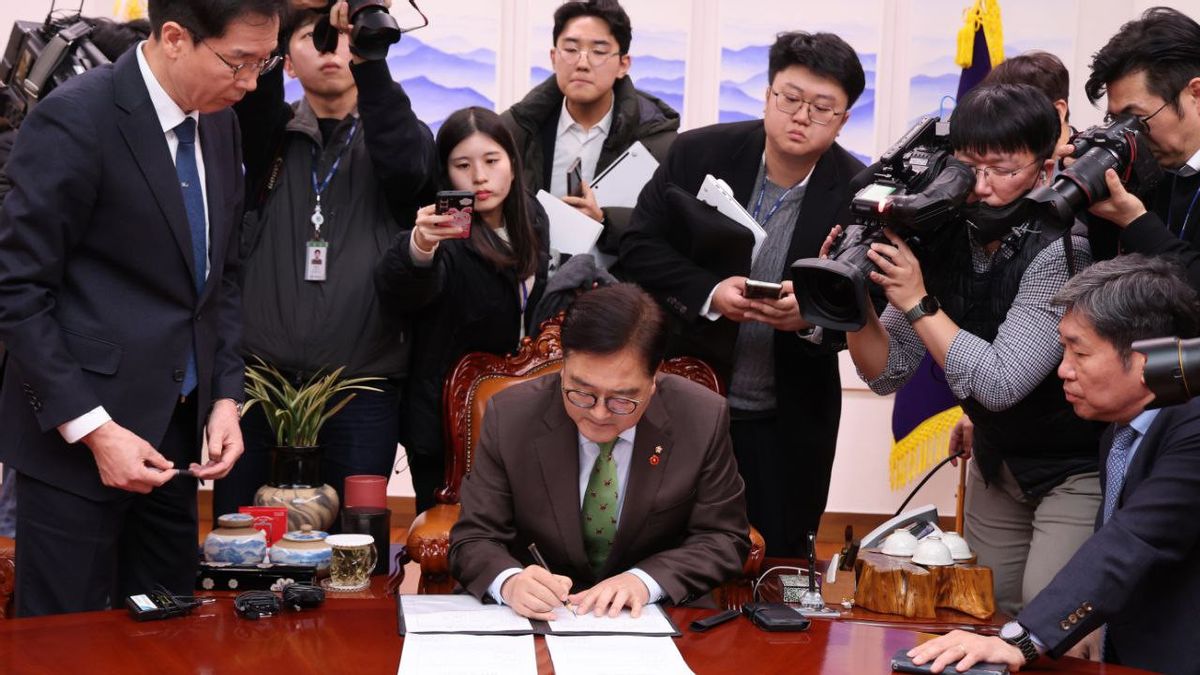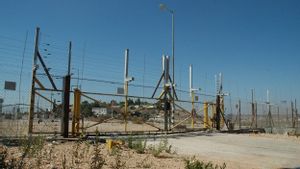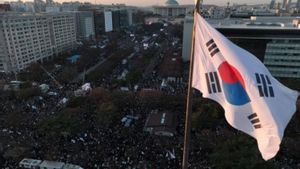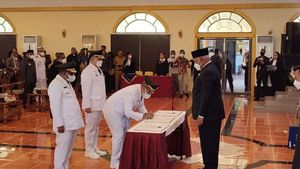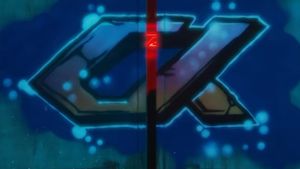JAKARTA - The South Korean president who was impeached by Yoon Suk-yeol has not necessarily stepped down from his position, with the country's Constitutional Court having 180 days to conduct a review of the impeachment agreed by parliament.
The National Assembly with the majority voting to support impeachment of President Yoon in connection with the announcement of martial law on December 3.
A total of 300 votes were voted on impeachment, with 204 supporting, 85 against, 3 abstention and 8 invalid votes, quoted from The Korea Times December 16.
It has met applicable regulations, where impeachment must be proposed by at least 151 MPs and approved by a minimum of 200 MPs.
After that, Yoon was suspended from his duties as president when this impeachment was submitted to the Constitutional Court for a review.
As Yoon's replacement, Prime Minister Han Duck-soo will serve as acting president.
Under the applicable law, the Constitutional Court has 180 days to conduct a review whether to accept Yoon's impeachment or not.
In comparison, the court made the decision to impeach President Park Geun-hye on March 10, 2017, 91 days after the Assembly voted to overthrow him.
In the spotlight, the South Korean Constitutional Court currently has only six judges, after three judges retired in October.
Based on the Constitutional Court's clause, a case can be reviewed if at least seven judges are present.
However, Chairman of the Korean Communications Commission Lee Jin-sook, who was impeached by parliament in September, submitted a decision to suspend the clause, so the court can continue to review his impeachment case.
The court granted the ruling, temporarily suspended the clause and allowed a review of its cases and other cases.
As a result, the court was technically able to review Yoon's impeachment case.
The law also stipulates that at least six judges must approve impeachment in order to apply, meaning the Assembly's proposal to remove Yoon can be validated if the six judges agree unanimously.
However, decisions taken by only six judges can face legitimacy problems, due to the severity of the problem.
In the 2004 case of impeachment by Roh Moo-hyun, the nine judges were filled, and in the 2017 case of President Park Geun-hye, the court consisted of eight judges.
It said the current situation could lead to opposition, causing calls to prioritize filling in chief judges vacancies.
Not long ago, the main opposition of the Democratic Party of Korea recommended two candidates for Supreme Court justices, while the ruling People's Power Party proposed one. If the Assembly holds a confirmation hearing and approves a nomination, the vacancy can be filled immediately.
However, due to approval of the judge in the hands of the president and Yoon is being suspended, who is authorized to approve is a question.
A number of parties argue Prime Minister Han Duck-soo, who currently acts as president, has the authority to appoint a new judge.
However, the opposition is also seeking to impeach Han, arguing he is responsible for a military emergency failure, as he attended a cabinet meeting before Yoon declared martial law.
Even so, Han avoided impeachment, it is uncertain whether he will use his presidential authority to appoint a new judge.
During Park impeachment review in 2017, the interim President Hwang Kyo-ahn refrained from appointing judges to fill the void.
VOIR éGALEMENT:
After the Assembly's vote, interim president Moon Hyung-bae's court said, "We will conduct a quick and fair review."
The plan is for the court to hold a meeting on Monday and decide which judge will handle the case.
If the court cancels the impeachment submitted by parliament, Yoon will return to his position and continue his presidential duties.
However, if impeached, the law requires presidential elections to be held within 60 days.
The English, Chinese, Japanese, Arabic, and French versions are automatically generated by the AI. So there may still be inaccuracies in translating, please always see Indonesian as our main language. (system supported by DigitalSiber.id)
